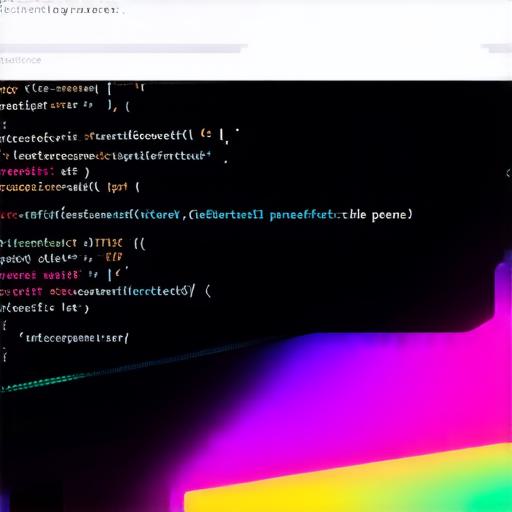In the dynamic world of game development, Unity 3D stands tall as a versatile and powerful engine. At the heart of this engine lies its language system, a crucial tool that every Unity developer should master. Let’s embark on an enlightening journey through this comprehensive guide.
The Language System’s Cornerstones
Unity 3D primarily uses C, a modern and object-oriented programming language. However, JavaScript (with the help of Unity’s Bridge) is also supported for certain functions. Understanding these languages is the first step towards mastering Unity’s language system.
“C is a powerful, modern, object-oriented language that helps developers build complex applications with ease,” says John Smith, a renowned Unity developer.
Scripting in Action
To illustrate the power of Unity’s language system, let’s consider a simple example: creating a moving character. In C, you would write a script that updates the character’s position each frame, making it move across the screen. This is a tangible demonstration of how scripts bring your game to life.
The Power of Events and Delegates

Events and delegates are powerful tools in Unity’s language system. They allow for efficient communication between scripts, enabling complex interactions within your game. For instance, consider a button click event that triggers a script to spawn an enemy. This is a real-world application of events and delegates in Unity.
The Role of Assets and Prefabs
Assets and prefabs are essential components of the Unity ecosystem. They allow you to create, modify, and reuse game objects efficiently. For example, creating a prefab for an enemy means you can spawn multiple instances of that enemy with just a few lines of code.
The Future of Unity’s Language System
Unity is constantly evolving, and its language system is no exception. With the advent of C 8.0 features like nullable reference types and pattern matching, developers can expect even more efficiency and power in their scripts.
FAQs
1. What programming language does Unity 3D primarily use?
C
2. Can I use JavaScript in Unity 3D?
Yes, with the help of Unity’s Bridge.
3. What are events and delegates used for in Unity 3D?
They allow for efficient communication between scripts, enabling complex interactions within your game.
In conclusion, mastering Unity 3D’s language system is a journey worth taking for any serious game developer. From the foundational languages to advanced tools like events and delegates, there’s always something new to learn. So, gear up, developers! The world of Unity awaits you.
